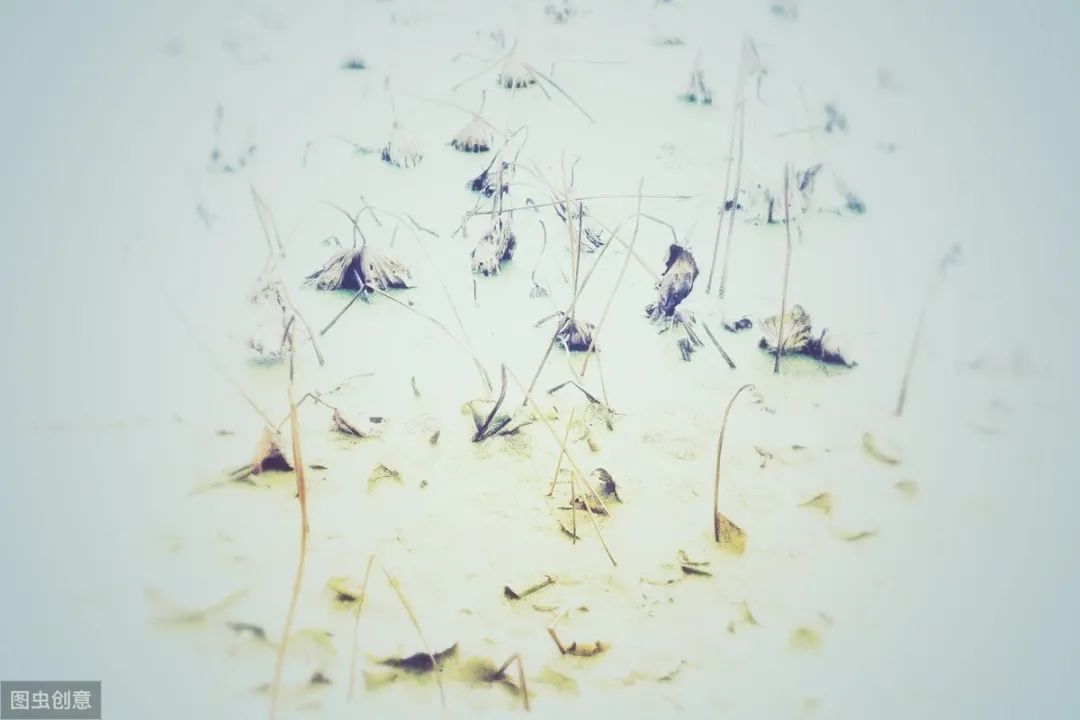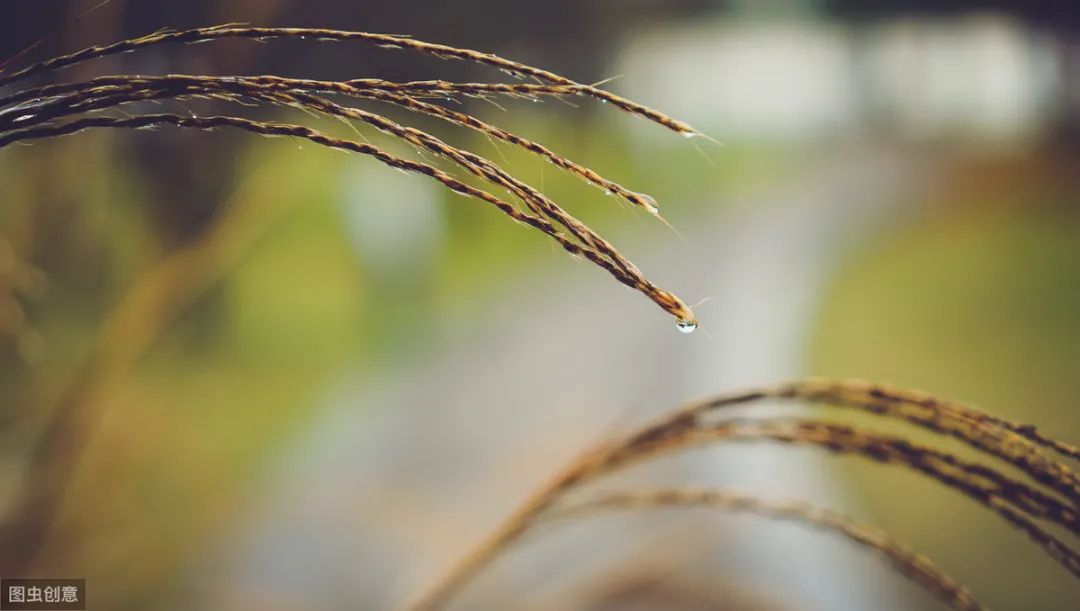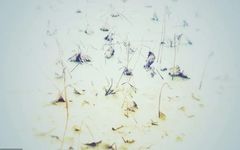The term “Qi” refers to the most fundamental substance in the human body, formed by the combination of the essence (jing) from the kidneys, the Qi absorbed and transformed by the spleen and stomach from food, and the clear Qi inhaled by the lungs.
Traditional Chinese Medicine (TCM) places great emphasis on the function of Qi within the body. Abnormalities in Qi can lead to two main types of issues: one is Qi deficiency (Qi xu), which occurs due to the decline of organ function or excessive consumption of Qi, resulting in insufficient Qi, weakened vital energy (yuan qi), decreased resistance, insufficient biochemical processes, and a series of organ dysfunctions. Common symptoms include mental fatigue, spontaneous sweating, susceptibility to colds, weight loss, shallow breathing, and shortness of breath upon exertion.

Today, we will mainly discuss the specific manifestations and improvement methods for Qi deficiency, Qi stagnation, Qi sinking, and Qi reversal.
Qi Deficiency (气虚)
Qi deficiency affects the five organs. Qi is the most basic substance that constitutes and maintains human life activities, belonging to the category of vital essence (jing). The vital essence is stored in the five organs, hence the “Su Wen: On the Five Organs” states: “The so-called five organs are those that store vital essence and do not leak out.” Therefore, from the perspective of the source of Qi, the Qi that constitutes and maintains human life activities mainly comes from both congenital (xian tian) and acquired (hou tian) vital essence. In terms of the generation of Qi and its relationship with the organs, all five organs store vital essence, particularly the lungs, spleen, and kidneys are crucial.
For lung Qi deficiency, the treatment principle is to tonify lung Qi. Recommended formula: Si Jun Zi Tang (Four Gentlemen Decoction) combined with Yu Ping Feng San (Jade Wind Screen Powder) with modifications.
For kidney Qi deficiency, the treatment principle is to tonify the kidneys and benefit Qi. Main formula: Shen Qi Wan (Kidney Qi Pill) with modifications.
For spleen Qi deficiency, the treatment principle is to tonify the middle and benefit Qi. Recommended formula: Bu Zhong Yi Qi Tang (Tonify the Middle and Benefit Qi Decoction) with modifications.
For heart Qi deficiency, the treatment principle is to tonify heart Qi. Recommended formula: Si Jun Zi Tang (Four Gentlemen Decoction) with modifications.
For Yang (Qi) deficiency, the treatment principle is to tonify Yang and benefit Qi. Recommended formula: Shen Fu Tang (Ginseng and Aconite Decoction) with modifications.

Qi Stagnation (气滞)
Qi stagnation refers to the obstruction and stagnation of Qi in the organs and meridians. It can be caused by dietary irregularities or emotional distress; it may also arise from weakness and Qi deficiency leading to poor circulation. Symptoms vary depending on the affected organs and meridians. Qi stagnation in the spleen leads to reduced appetite, bloating, and pain; Qi stagnation in the liver results in rebellious liver Qi, rib pain, and irritability; Qi stagnation in the lungs leads to poor lung Qi, excessive phlegm, and cough. Qi stagnation in the meridians can cause pain or movement disorders in the affected areas, or symptoms related to those meridians. Since Qi governs blood, excessive Qi stagnation can lead to blood stasis.
Treatment principle: Move Qi and relieve stagnation. Recommended formulas: Xiang Su San (Aromatic Cyperus Powder) with modifications, Mu Xiang Diao Qi Yin (Aromatic Wood Fragrance Qi Decoction) with modifications, Wu Yao San (Lindera Powder) with modifications.
Qi Sinking (气陷)
Qi sinking syndrome refers to the inability of Qi to rise due to deficiency, leading to sinking. This often develops from Qi deficiency or can be caused by excessive physical exertion damaging a specific organ’s Qi. Main clinical manifestations include symptoms of Qi deficiency combined with sinking, such as dizziness, shortness of breath, chronic diarrhea, a feeling of heaviness in the abdomen, prolapse of the rectum or uterus, etc. The tongue is pale with a white coating, and the pulse is weak. Chronic diarrhea may lead to a feeling of heaviness in the abdomen, frequent urge to defecate, or prolapse of the rectum or uterus, accompanied by dizziness, fatigue, and weakness, with a pale tongue and weak pulse.
Treatment principle: Tonify the middle and benefit Qi, lift the sinking. Recommended formula: Bu Zhong Yi Qi Tang (Tonify the Middle and Benefit Qi Decoction) with modifications.

Qi Reversal (气逆)
Qi reversal refers to abnormal ascending and descending of Qi, where Qi should descend but does not, leading to upward or lateral reversal of Qi. Causes of Qi reversal may include invasion of external pathogens, accumulation of phlegm and blood stasis, stimulation by cold or heat, or excessive emotional distress. Qi reversal can involve multiple organs and can be classified into deficiency or excess. The ascending and descending of Qi is significantly influenced by the functions of the lungs, stomach, and liver.
For lung Qi reversal, the lung Qi governs both dispersing and descending, with the descending being the normal function. If disturbed by pathogenic factors, lung Qi cannot disperse, or if the lung is inherently weak, it cannot descend, leading to symptoms such as cough, shortness of breath, chest tightness, and wheezing.
Treatment principle: Descend Qi and relieve obstruction, guide fire back to the source, eliminate phlegm and stop cough.
Recommended formula: Su Zi Jiang Qi Tang (Perilla Seed Decoction for Descending Qi) with modifications.
For stomach Qi reversal, the stomach governs receiving and digesting food, with its Qi normally descending. If external pathogens invade the stomach, or if there is dietary injury, phlegm accumulation, or liver Qi invading the stomach, the stomach loses its ability to descend, leading to symptoms such as vomiting, belching, nausea, and acid regurgitation.
Treatment principle: Descend the reversal and stop belching, benefit Qi and clear heat.
Recommended formula: Ju Pi Zhu Ru Tang (Tangerine Peel and Bamboo Shavings Decoction).

For liver Qi reversal, liver Qi can ascend or move laterally. The liver governs the smooth flow of Qi and is affected by emotional distress. If anger damages the liver, it can cause excessive upward movement of liver Qi, leading to symptoms such as headache, dizziness, tinnitus, and red eyes, and in severe cases, fainting.
Treatment principle: Soothe the liver and regulate Qi.
Recommended formula: Chai Hu Shu Gan San (Bupleurum Powder to Sooth the Liver) with modifications.
We will conclude our discussion on the four types of Qi disorders here. In the process of improvement, it is essential to clearly understand the differentiation of syndromes.
Guess you might like to read

